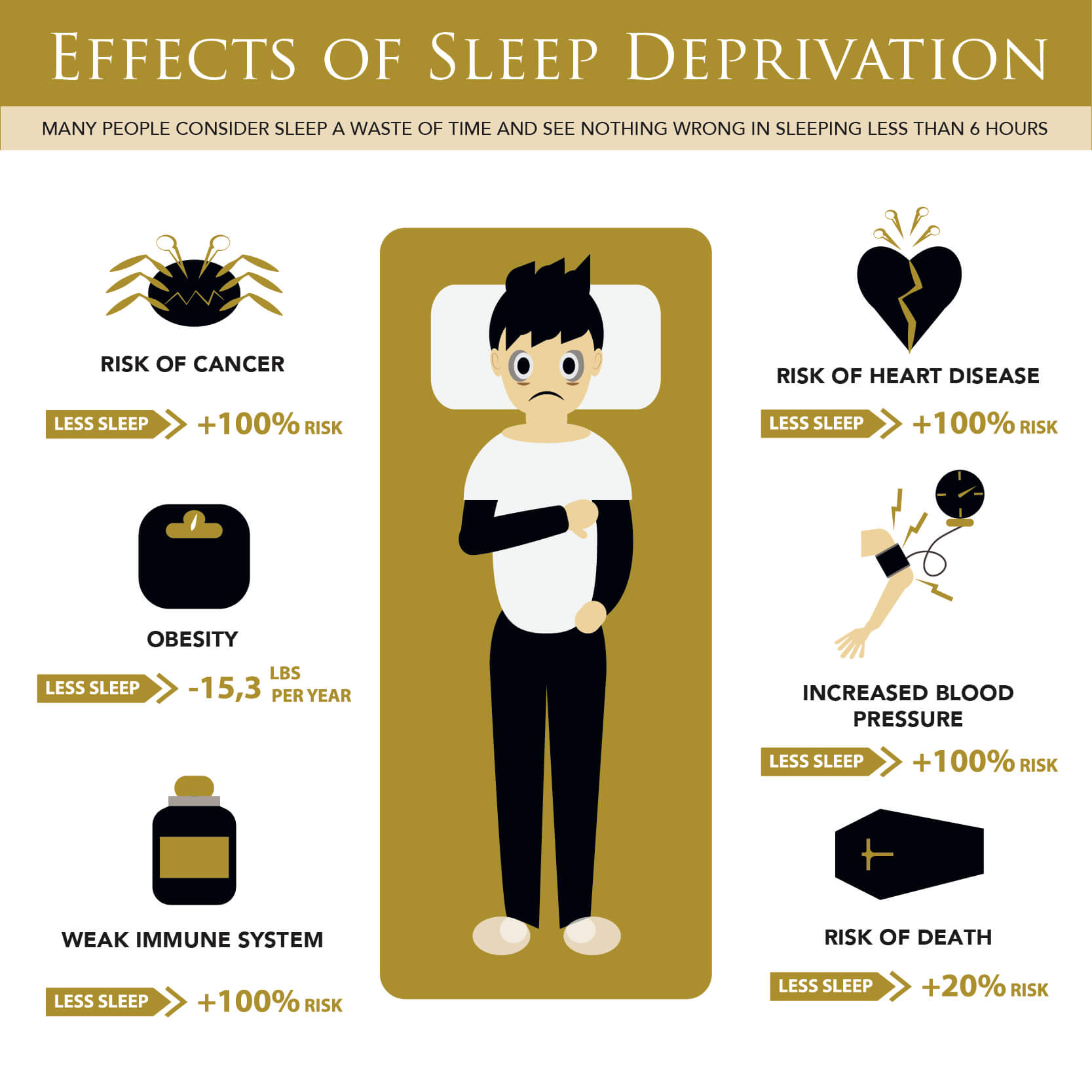How Stress Affects Your Skin and Weight

Stress is pretty much unavoidable these days, but feeling stressed on a regular basis can actually end up causing some major problems for both your skin as well as your weight. From weight fluctuations to accelerated aging, here are some of the ways in which stress affects your weight and skin, as well as tips on how you can overcome this.
Stress and Cortisol
When you experience something that stresses you out, your body produces a hormone called cortisol, which is often referred to as the stress hormone.
What does cortisol do?
It helps to put you into fight or flight mode, which is what was historically needed during times of stress, as stress was often related to predators or other survival problems.
In today’s modern world, stress is caused by so many different factors, and these will rarely be life or death situations.
However, your body cannot tell the difference…
This means that each time you are stressed, no matter what you may be stressed about, your body will still produce large amounts of cortisol to help you to deal with the situation. Unlike adrenaline, which returns to normal levels after a certain event, cortisol levels remain elevated for quite a while.
For the majority of people out there, this means that they have elevated levels of cortisol running through their bodies constantly, each and every day.
As you can imagine, this then leads to a number of different problems…
The Effects of Stress on Your Skin
To begin with, cortisol is responsible for inflammation within the body, and this includes the skin. It also triggers an increase in oil production, and this, coupled with the inflammation, quickly results in clogged pores and acne.

In addition to this, cortisol impedes wound healing, meaning that not only will your acne breakouts stick around for longer, but, when they do finally heal, they are far more likely to leave behind unsightly scars.
Cortisol and Your Skin’s Protective Barrier
Stress has been shown to have a damaging effect on the skin’s natural protective barrier, which is designed to maintain the skin’s hydration levels, while protecting it from the environment around it.
When this is damaged, a few things happen:
- The skin experiences transepidermal water loss, making it harder to keep it hydrated
- The skin takes longer to repair itself after an injury
- There is a breakdown, and loss, of essential fatty acids in the skin, which then leads to dryness, irritation, eczema and rosacea
- The skin becomes much more sensitive to the environment around it, and could now strongly react to everything from the weather to cleaning products
Stress and Skin Aging
Stress has been proven to impact skin cells on a cellular level, which directly contributes to the way in which, as well as the rate at which, skin ages.
How does it do this?
Well, firstly, stress causes oxidative stress within each skin cell. While science has not yet proven this, researchers are pretty much convinced that oxidative stress over time causes cell death, which speeds up the aging process.

Stress also causes glycation.
Not sure what this is?
It is a process that occurs when glucose, or sugar, binds itself to the DNA, proteins and lipids in your cells, meaning that they cannot properly function.
This then has a few different effects on the skin:
- A decrease in circulation
- Increased malnutrition of skin tissue
- Stiffening of the skin
Researchers also believe that stress is strongly linked to a process called diminishing telomeres. While this is completely natural, stress could potentially expedite it quite a bit, resulting in an early onset of wrinkles, grey hair, muscle weakness, cell death, and the loss of eyesight and hearing.
Stress and Existing Skin Conditions
If you already suffer from a skin condition, whether this may be eczema, psoriasis or rosacea, then you will likely already be well aware of the fact that stress can exacerbate this quite a bit.
Symptoms will tend to flare up significantly during times of stress, and flare-ups will be much harder to eradicate than usual.
How to Reduce the Effects of Stress on Your Skin
When it comes to reducing the effects that stress can have on your skin, there are a few different things that you can do.
To begin with, a quality skin care routine, that has been tailored to your skin type and your skin’s specific needs, is essential. Ingredients that help to heal and repair the skin, such as vitamins C and E, will help to counter some of the cellular damage that stress can cause.
Anti-aging ingredients, such as retinol and antioxidants, are also important, as these will help to tackle the accelerated skin aging brought on by stress.
While you may try your best to properly take care of your skin at home, there is nothing quite like a professional facial. This is well worth having if you often find yourself stressed out, as it will nourish your skin on a much deeper level, compared to what you would have been able to do at home.
Chemical peels are also great for removing skin damage, and they will also revitalize the surface of the skin, while controlling the rate at which your skin cells are shed.
The Effects of Stress on Your Weight
Stress doesn’t just affect your skin – it also affects your weight. Have you been losing or gaining weight recently, especially in response to high-stress situations?
Stress and Weight Gain
Stress has been linked to weight gain numerous times now, and there are a number of reasons for this…
As mentioned above, cortisol puts your body into fight or flight mode, and this triggers your appetite.
Why?
Because in the past, our ancestors would have used up quite a few calories in order to deal with their stressors, and your body is naturally trying to replace these.
In addition to this natural increase in appetite, cortisol also raises your insulin levels, meaning that your blood sugar levels drop.
This means that your body craves sugary and fatty foods, as it will be drying to raise this back up. You may also be craving sweet and sugary foods because those are what comfort foods are to you, meaning that, during times of stress, you believe that these will help to soothe you.

There was a study carried out by the University of Pennsylvania on laboratory mice, and it showed that when mice were stressed by the threat of a predator, they would choose to eat more of a high-fat food, rather than their normal food. This shows that this is a reaction to stress that could be shared across many species.
Here is another interesting way in which stress can lead to weight gain…
Historically, stress was frequently caused by famine, and the human body learned to adapt to this by storing fat supplies deep in the stomach, as this would provide a person with long-term energy.
This means that, today, even though you may be stressed out about a deadline at work, your body may still react by storing excess fat in your stomach.
This can be extremely harmful in the long run, as not only is belly fat quite difficult to lose, but it also increases your chances of developing diabetes or heart disease.
Stress and Weight Loss
While most people experience weight gain during extended periods of stress, there are some that experience the complete opposite…
As mentioned above, stress can have the effect of increasing your appetite, but, conversely, it can also inhibit your appetite. Your normal eating habits, when you are not stressed, may have an impact on which one of these you experience yourself.
How to Reduce the Effects of Stress on Your Weight
If you experience weight gain when stressed, then one of the most obvious ways in which you can reduce this is to increase the amount of exercise that you do.
Not only will this help you to burn off all of the extra calories, but exercise has been proven to be one of the most effective ways to actually reduce stress overall.
How?
Because exercise, or just about any form of physical activity that gets your body moving, triggers your brain to release endorphins, which not only improve the mood, but also act as natural painkillers, and induce sleep.
This means that, in addition to tackling the weight gain caused by stress, you will also be tackling your stress itself.
For those who know that they tend to over-eat when stressed, it may be worthwhile putting together a list of activities that have absolutely nothing to do with food. The next time you are stressed, pick an activity from your list, so that you will be able to take your mind off your increased appetite.
Stress and Unhealthy Habits
In addition to over-eating, and eating unhealthy foods, stress can lead to a number of other unhealthy habits.
From drinking to smoking to drug abuse, some people make poor lifestyle choices when it comes to coping with their stress.
However difficult it may be, it is important to avoid these crutches when it comes to dealing with stress. While it may feel as though they do provide you with some temporary relief, they will only cause even more harm to your weight and skin, and will not help with your stress in the long run.
How to Minimize Stress in Your Life
While you may be able to tackle some of the symptoms that stress brings about in your skin and with your weight, these do not deal with the root cause of the issue, which is the stress itself.
To begin with, identifying your stressors is so important.
Why?
Because this gives you the opportunity to take control of the situation, which will be so empowering. Not only will you then be able to foresee stressful situations, but you will also be able to eliminate them from your life wherever possible. For example, if a toxic relationship with a friend always causes you stress, this may be something you need to cut out of your life.
As mentioned above, one of the best ways to deal with stress is to exercise, which also has additional benefits for your skin and your weight.
Taking time out of your busy schedule and doing something that you love, otherwise known as me time, is also important. You will likely need to schedule this time in in advance, so that you are not tempted to do something else instead. Try to think of something really enjoyable to do, whether this may be spending an afternoon at a spa or taking a hike with your dog.
Quality sleep is another way to lower the cortisol levels in your body.

Too stressed to sleep?
Try turning your bedroom into a sleep-inducing haven.
You can do this in a number of different ways:
- Dim lighting
- Soft, relaxing music, which in itself has been proven to reduce stress
- Scented candles, with scents like lavender that have been shown to minimize stress
- Clean and comfortable bedding
- No electronic devices in the bedroom
- A cup of chamomile tea before bed, as this helps induce sleep while also minimizing stress
You should also make sure that you are challenging yourself enough in life, both at home and at work.
What does this have to do with stress?
Quite a bit. By setting yourself various challenges, and then accomplishing them, you will be building up your own personal confidence and self-esteem, which will leave you far better equipped to handle stressful situations.
Try to push yourself to do and learn new things during the times where you would have otherwise been passive. For example, work on learning a new language in the evenings rather than watching television.
Stress can really take its toll on a person’s life, not only affecting their weight and their skin, but having a detrimental impact on so many other aspects of their health.
While it is impossible to completely cut stress out of your life, minimizing it is so important, and is something that will really benefit you in the long run.

